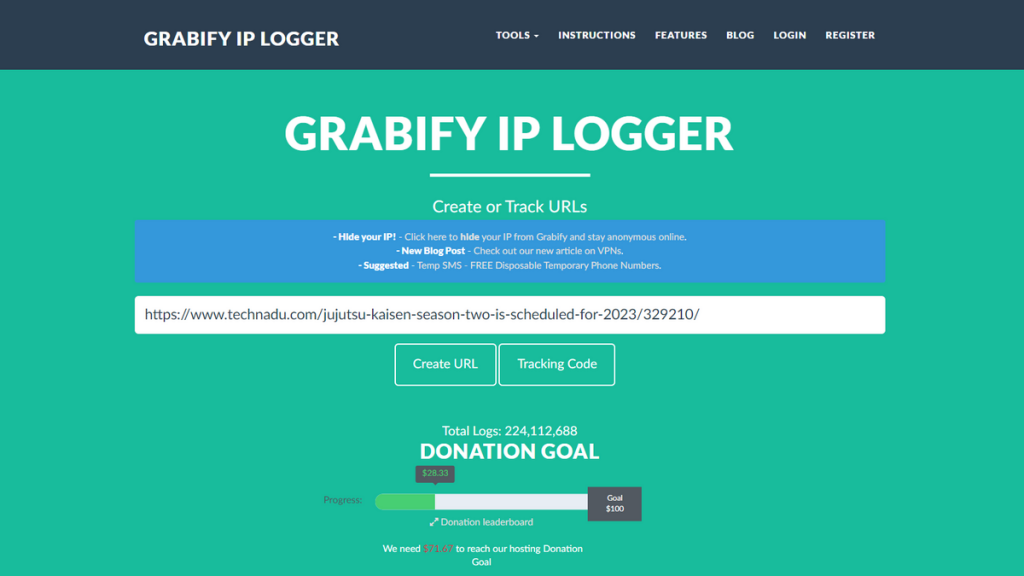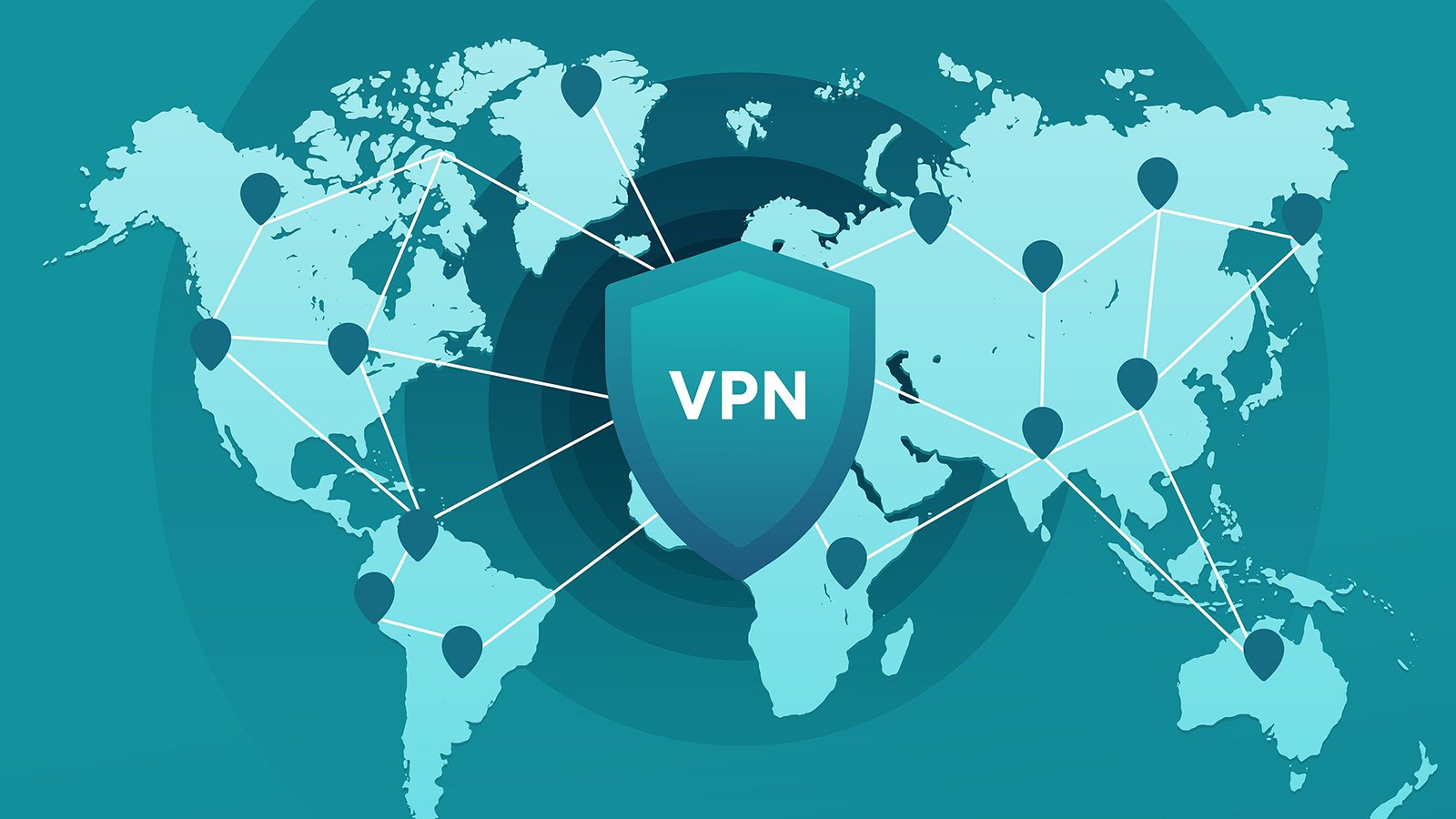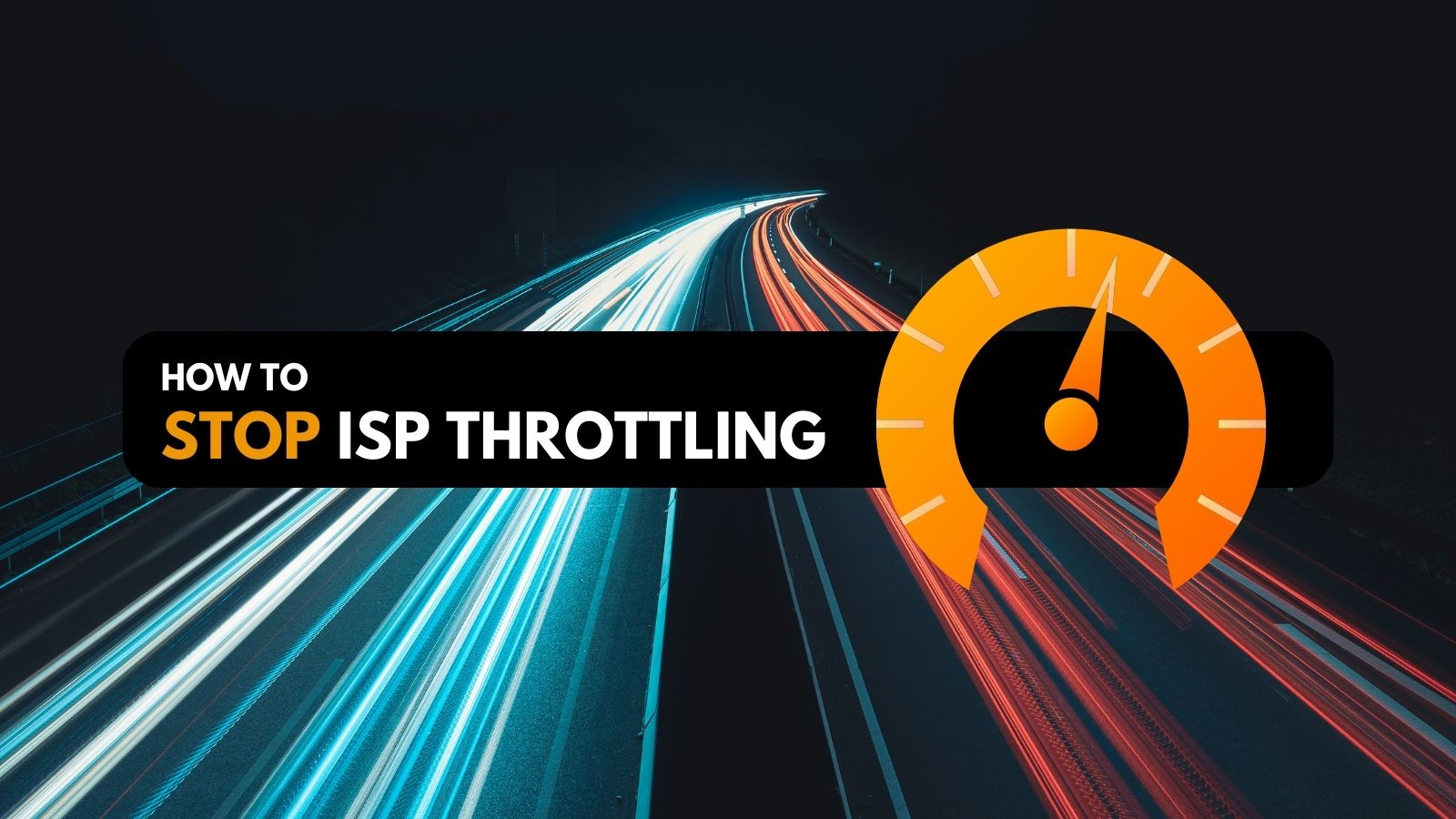
When you purchase through links on our site, we may earn an affiliate commission. Here’s how it works.
Can People Find Your IP Address Through Twitter Posts?
Twitter can be a wild place, especially when some Internet randos start threatening that they'll find your IP address through Twitter. For those of you that aren't aware, your IP reveals approximate details about your real-life location - country, city, and even ZIP code in some cases.
At first glance, that might not seem like much to go on. However, a seasoned "cyber stalker" may couple that info with other personal details from your Twitter profile to try and confirm your identity. Things you may have forgotten that you even posted about. Your school, somewhere you worked in the past, the name of a pet, an event you went to nearby, that sort of thing.
Good news, though. It's not possible to find out someone's IP address simply by checking their Twitter posts. Twitter keeps all of it under wraps, so hackers and other unsavory netizens can't use that info against their users. That being said, it's still possible to grab someone's IP on the platform - albeit in a more roundabout way.
Here are a couple of methods someone may try to use on you, as well as how to protect your privacy online.
Here's How an Attacker Can Find Your IP Through Twitter
There are a few ways to find out who is behind a Twitter account - or their approximate real-life location, at the very least.
#1 Using a Third Party IP Logger
One of them involves using an IP logger - which is, as the name suggests, a service that logs your IP address. The "attacker" simply has to lure the victim into clicking a link that's been shortened with a service like Grabify or IPLogger.
On the surface, the link just sends you to a regular page, presumably related to the topic you were discussing. "What's this? Jujutsu Kaisen season 3 is coming out in 2023? Let me see that." You click the article, and bam - your device details have been logged. The "attacker" can now check the logs and see who accessed their link.
This is the kind of info they now have about you:
- The date and time you accessed the link
- Your IP address, country, and Internet provider
- Your browser's user agent (a string of data that reveals your browser and OS versions, device type, and other details)
These details are collected during a process called browser fingerprinting. You can tell right away that's way more than an Internet stranger should know about you.
#2 Using Their Own Website
Links like those from Grabify have come to be seen as spammy in recent years. As such, a cyberstalker may create their own website to use as a dedicated IP logger. Thanks to their admin privileges, they can see a log of all IPs that have recently accessed their web page.
The victim is more likely to click on it as well since the link to their page (presumably) looks more legitimate than a suspicious shortlink. All in all a more sound plan than the first option and much harder to avoid. Well, short of ignoring any and all links sent by strangers on Twitter.
There's an easier way to protect yourself, though - and that's by using a capable VPN to hide your IP from eavesdroppers.
What Can Someone Do With Your IP?
By its own, not much. Your IP address will reveal your city of residence (or at least a nearby location), which an attacker can combine with other pieces of info to discover your identity. That's most likely the greatest threat you'd face from someone trying to find your IP address through Twitter. Someone that has it out for you may then use your details to commit identity fraud or post them online for everyone to see (an act called "doxxing").
An experienced hacker may try to look for open ports on your device and exploit app vulnerabilities so they can take over your machine. However, that is incredibly hard to achieve considering all the safeguards already in place. For example, your ISP's and your router's own security configuration or the firewall on your system. Hackers are unlikely to spend that much time navigating all these hoops just to attack the average Twitter user.
That being said, they can still perform what's called a Denial-of-Service (DoS) attack. Essentially, an attacker will use your IP and flood your connection with bogus requests to take your network offline. Annoying, yes - but easily solvable by resetting your IP (if you have a dynamic IP address) or simply using a good VPN to cover your digital tracks.
Worried Someone Might Find Your IP Address Through Twitter? Just Use a VPN
So what is a VPN used for? As mentioned, VPNs mask your real IP address from any outsiders (hackers, online services, government surveillance, etc.). They also replace it with a new one, depending on the server you connect to. For instance, if you live in the UK, you can easily get a US IP address for privacy or entertainment reasons.
Not only will changing your IP protect you from logging on Twitter, but you can also watch geo-blocked content from anywhere in the world. You might as well flex on potential Internet stalkers and catch some Netflix shows you wouldn't be able to access otherwise.
Don't know where to start looking? Understandable, as there's quite a wide variety of VPN providers out there, each with its own perks. The most well-rounded option out there at the moment is NordVPN, with 5,800+ lightning-fast servers spread across nearly 60 countries. Try NordVPN RISK-FREE for 30 days right away and laugh at the Internet weirdos trying to scare you by posting your IP on Twitter.






